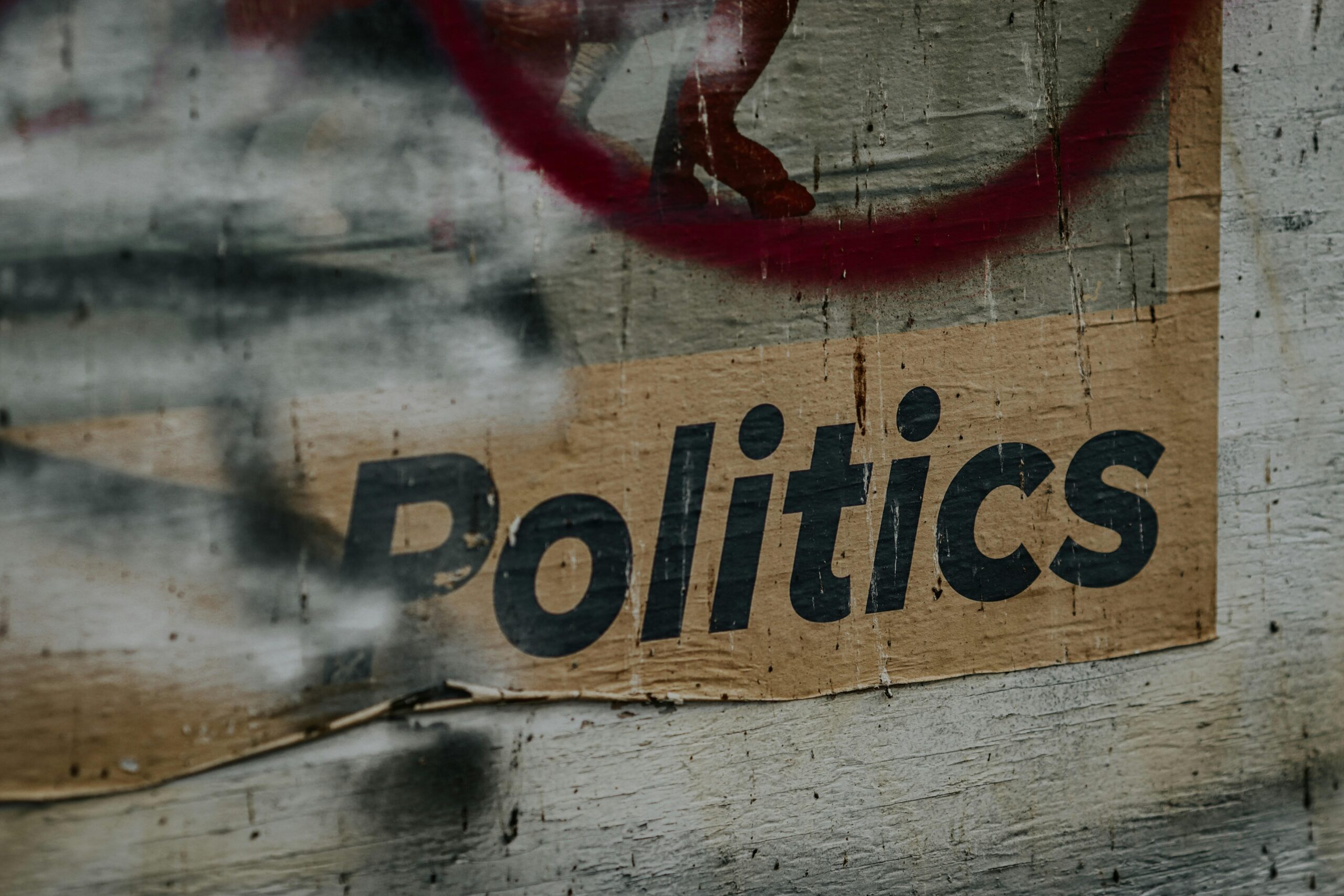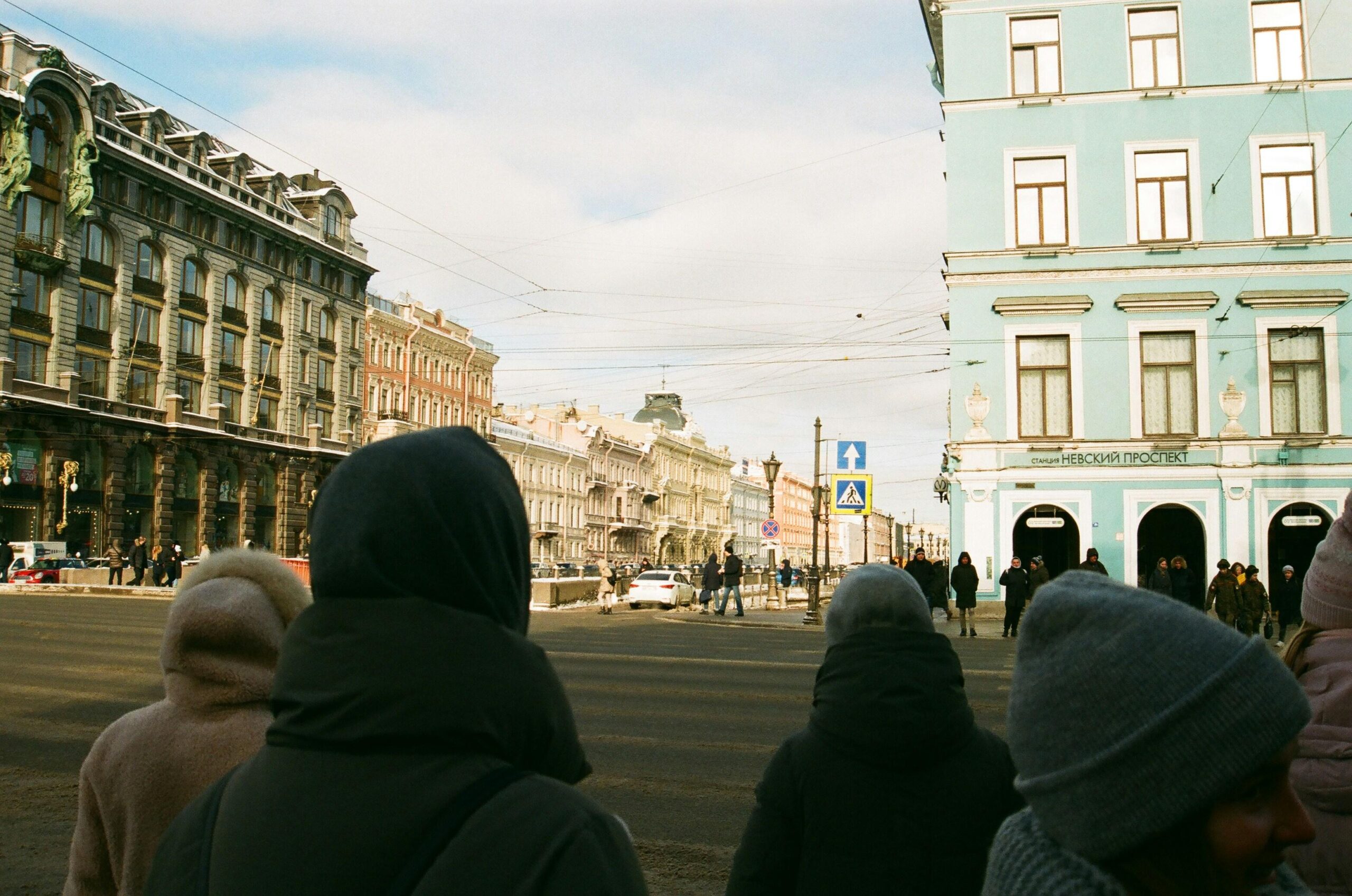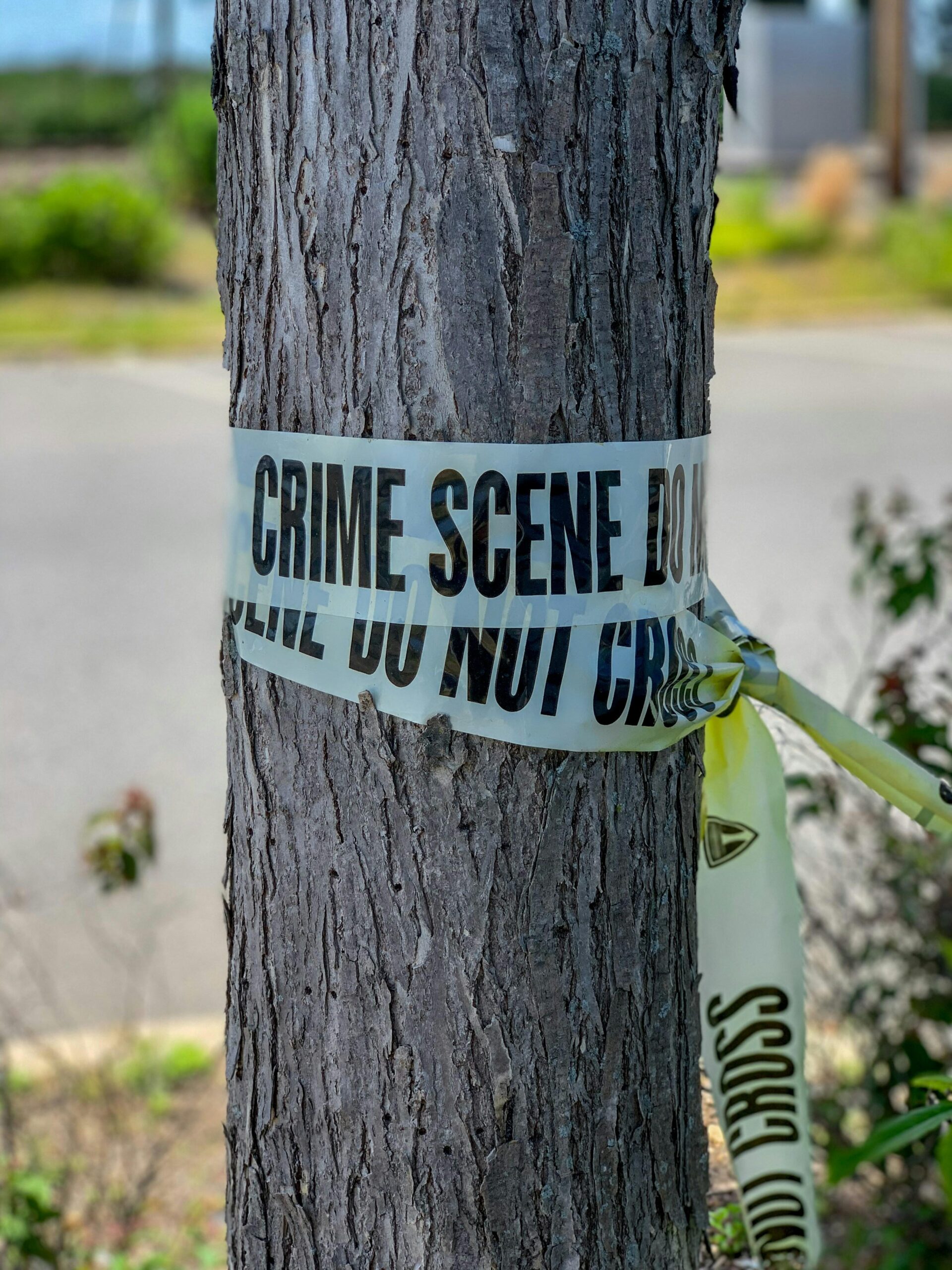When we think of the Mafia, our minds often drift to shadowy figures from decades past—gritty gangster movies, whispered rumors, and old-school crime dramas. But what if I told you that the Mafia’s influence hasn’t just faded into history? Instead, it’s quietly evolving, weaving itself into the very fabric of modern politics and business in ways many of us never suspected. In this blog, we’ll unravel how these secretive networks continue to pull strings behind closed doors, shaping decisions and deals that affect our lives today. Ready to dive into a world where power, secrecy, and ambition collide? Let’s get curious.
Table of Contents
- Unveiling Hidden Connections Between Mafia Networks and Political Power
- Inside the Underground Economy Where Mafia Influence Drives Business Decisions
- Decoding the Strategies Mafia Uses to Infiltrate Corporate and Government Spheres
- Protecting Yourself and Your Community from the Subtle Grip of Organized Crime
- In Conclusion
Unveiling Hidden Connections Between Mafia Networks and Political Power
In the intricate web of power and influence, the mafia operates less like a shadowy fringe group and more like a clandestine architect shaping political landscapes from behind the scenes. These organizations have perfected the art of embedding themselves within legitimate structures, using a combination of intimidation, bribery, and strategic alliances to ensure their interests are protected. Consider how political candidates often receive backing not strictly through official campaigns, but via covert channels that guarantee loyalty once elected. This subtle manipulation extends beyond local politics, weaving into national policies where mafia-backed officials prioritize business deals that favor illicit enterprise integration with mainstream markets.
Key tactics used by these networks include:
- Leveraging insider knowledge to sway legislative decisions in favor of money laundering and tax evasion.
- Infiltrating public procurement processes to siphon government contracts.
- Exploiting legal loopholes to shield businesses from regulatory scrutiny.
- Strategically placing “fixers” within bureaucratic roles to stall investigations and direct policy outcomes.
Such strategies reveal that the mafia’s influence is not just about traditional crime but about molding political and economic systems to create an ecosystem where illicit and legitimate interests not only coexist but flourish symbiotically.
Inside the Underground Economy Where Mafia Influence Drives Business Decisions
In the shadows of bustling cities, a complex network thrives, where decisions that seem purely economic often bear the subtle fingerprints of mafia influence. These clandestine power brokers don’t just sway street-level trades; they covertly sculpt entire industries by dictating who gets contracts, which businesses flourish, and where financial flows are rerouted. Far from the romanticized mobster image, their grip extends into strategic sectors like construction, waste management, and even technology startups, leveraging intimidation as much as investment to keep competitors in check and ensure loyalty.
Businesses entangled in this web often face a stark choice: comply with underground “taxation” or confront consequences that can cripple operations overnight. This ecosystem fosters a hidden set of rules, including:
- Forced partnerships where legitimate firms must collaborate or pay a cut to stay afloat.
- Manipulated bids and tenders that eliminate fair competition.
- Strategic corruption involving bribery of officials to smooth illicit activities.
Such mechanisms make mafia influence less visible but far more pervasive, quietly steering key business decisions that ripple far beyond local economies into the heart of political power.
Decoding the Strategies Mafia Uses to Infiltrate Corporate and Government Spheres
Beneath the polished surface of boardrooms and parliamentary halls lies a labyrinth of covert maneuvers, where the Mafia thrives on subtlety rather than brute force. Their infiltration often begins with strategic alliances forged through businesses that are perfectly poised to appear legitimate — construction firms, waste management, and even tech startups. These enterprises act as entry points, providing not only a facade of legality but also invaluable access to influential networks. Once embedded, the Mafia leverages financial dependencies and quiet coercion to bend decisions to their advantage, ensuring politicians and executives remain complicit or at least conveniently silent.
The playbook is as old as it is cunning:
- Infiltration through lobbying: Introducing seemingly innocuous intermediaries who sway policy in favor of Mafia interests.
- Exploiting regulatory gaps: Navigating legal loopholes that often escape scrutiny.
- Corrupting key officials: Employing a combination of bribery and intimidation to secure loyalty.
This multifaceted approach enables a persistent presence that reshapes policy and market dynamics in ways most people never see — the Mafia’s true power lies in what remains hidden, orchestrated behind closed doors with a calculated patience few can match.
Protecting Yourself and Your Community from the Subtle Grip of Organized Crime
Understanding the covert influence of organized crime is the first step toward reclaiming the integrity of our institutions. These shadow networks infiltrate political systems and business operations by exploiting loopholes and preying on vulnerabilities within governance structures. Often, their presence is masked by layers of legitimate enterprises or political endorsements, making it challenging to identify the true puppeteers. By staying vigilant and informed, each citizen can recognize suspicious activities such as unexplained wealth, sudden political shifts, or monopolistic practices that serve hidden agendas rather than public good.
Empowering communities to resist these subtle manipulations requires a multifaceted approach:
- Promoting transparency in local governance and corporate dealings to illuminate any underhanded collaborations.
- Encouraging whistleblower protection to ensure that brave voices can expose corruption without fear of retaliation.
- Supporting education programs that highlight the tactics and impacts of organized crime on societal well-being.
- Building strong alliances between civil society, law enforcement, and ethical business leaders to form a united front against infiltration.
Through these active measures, we can start to unravel the subtle grip mafia networks hold on society, fostering resilience and trust where shadows once loomed.
In Conclusion
As we’ve uncovered, the Mafia’s influence isn’t just a relic of the past—it pulses quietly beneath the surface of modern politics and business, shaping decisions in ways most of us never see. Whether through subtle manipulation or strategic alliances, their shadowy hand continues to leave an imprint that challenges transparency and accountability. The next time headlines hint at corruption or unexplained power plays, it’s worth wondering: how deep does the Mafia’s reach really go? Keep questioning, stay curious, and remember—sometimes the most powerful forces are the ones working in the shadows.











